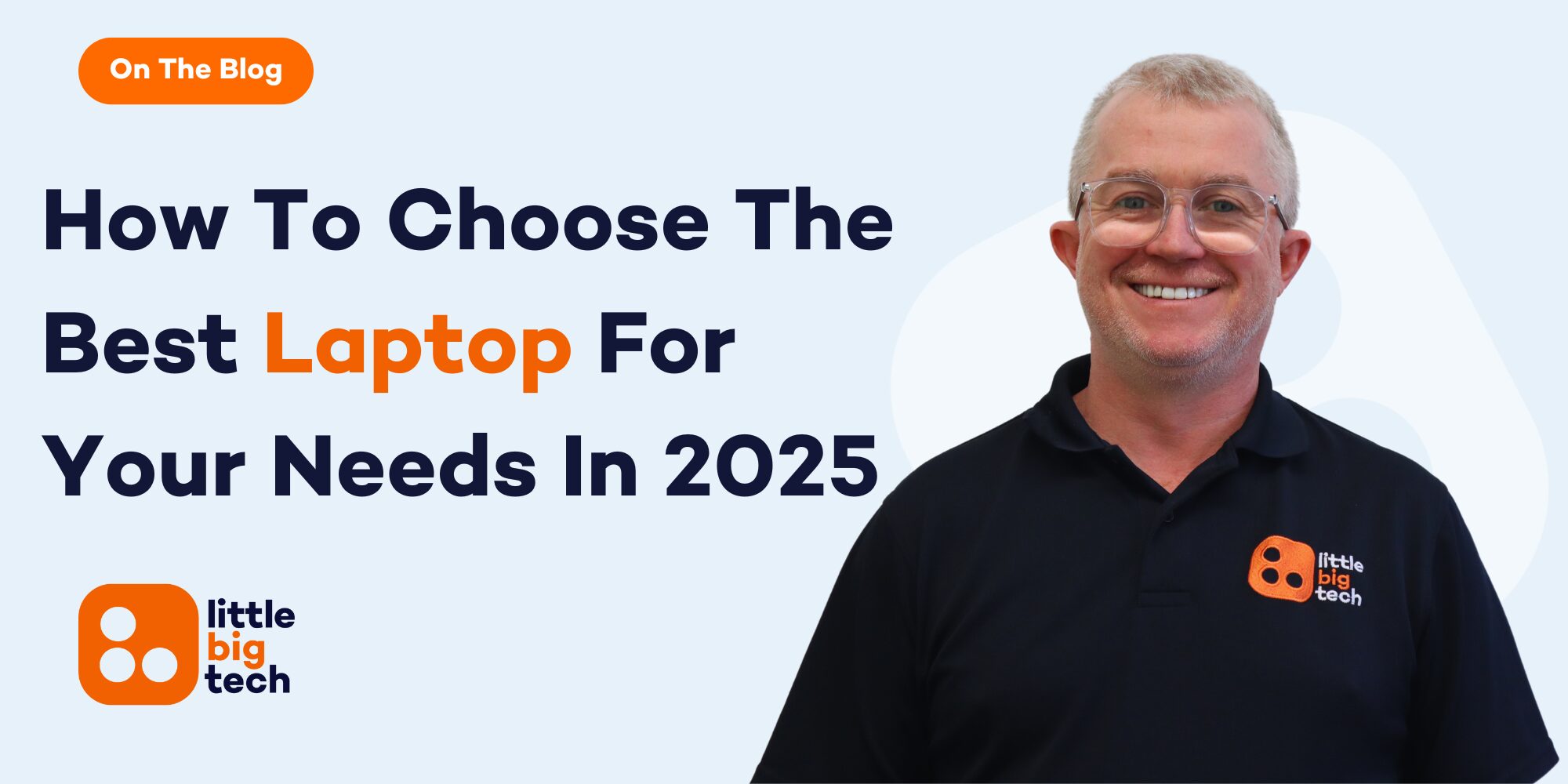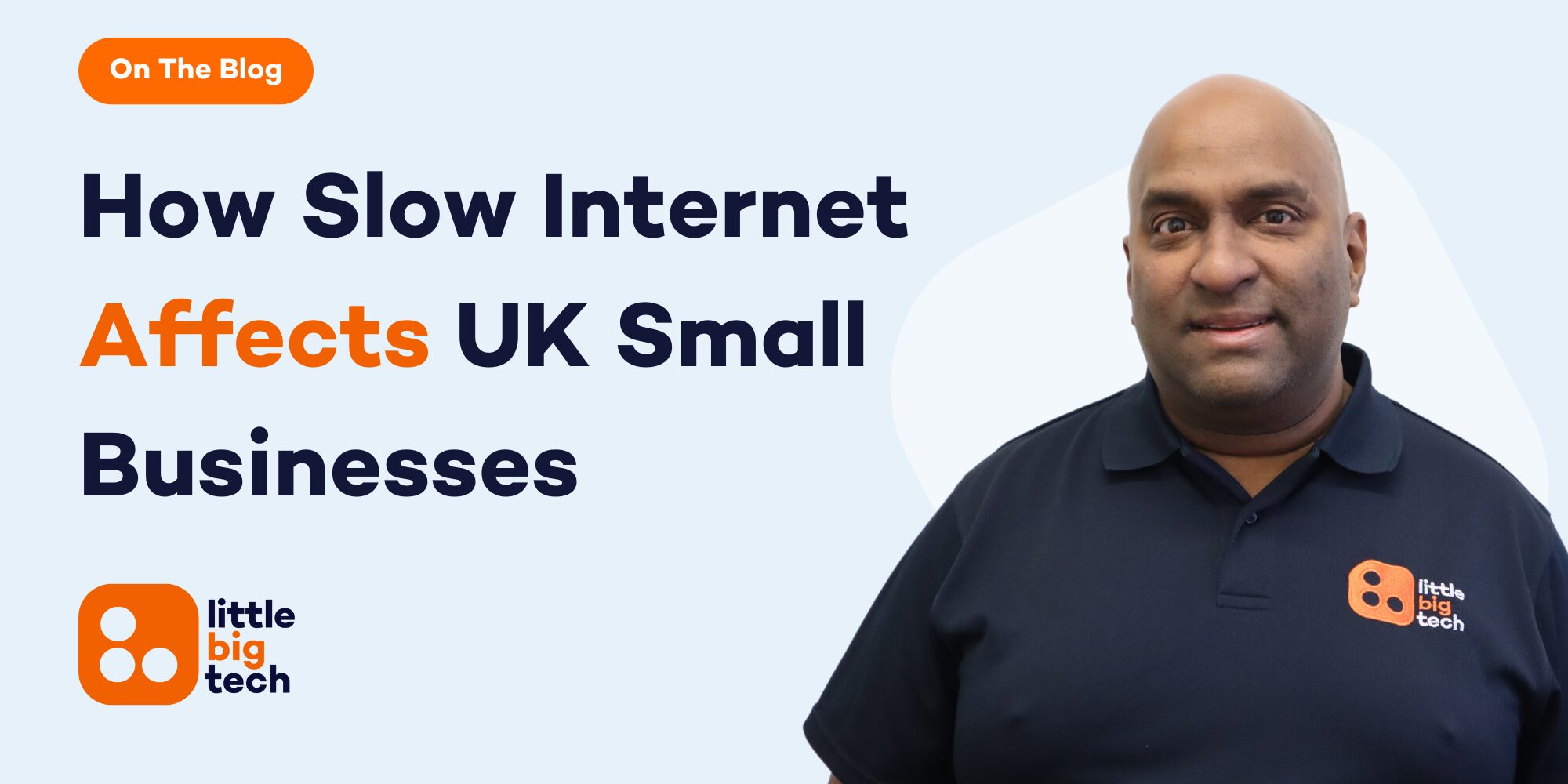- Why The Samsung Laptop Vs MacBook Debate Still Matters In 2025
- Design, Build Quality And User Experience Compared
- Performance And Speed: What You Actually Get For Your Money
- Software And Ecosystem: Which One Fits Better In 2025?
- Price, Value And Long-Term Cost: Samsung Laptop Vs MacBook In 2025
- Verdict From Experts: Which Laptop Deserves Your Money?
Why The Samsung Laptop Vs MacBook Debate Still Matters In 2025
When it comes to choosing a high-performance laptop in 2025, the Samsung laptop vs MacBook in 2025 comparison is still one of the most talked-about choices. Whether you’re a creative professional, student, business owner or casual user, making the right pick can directly affect your day-to-day productivity and overall satisfaction with your tech investment.
Many buyers today are asking the same question: Is a Samsung laptop better than a MacBook in 2025? This may seem straightforward, but the answer isn’t. Apple continues to evolve with its sleek MacBooks, now powered by the latest M3 chips. On the other side, Samsung’s latest Galaxy Book line boasts incredible performance, seamless connectivity with Galaxy devices, and improved affordability.
People often struggle with this decision because both brands have loyal followings and their own clear advantages. Some worry about being locked into the Apple ecosystem, while others question whether Samsung can truly match Apple’s software stability and long-term support. Price, design, battery life, and software compatibility all come into play and each brand handles these areas differently.
This article breaks it all down clearly. We’ll compare design, performance, compatibility, features, and value across the two. By the end, you’ll know which one truly deserves your money, based on how you use your laptop today.
Let’s take an honest, practical look at what matters most in 2025. No hype. No bias. Just facts and real-life comparisons to help you make a confident choice.
Design, Build Quality And User Experience Compared
When comparing a Samsung laptop Vs MacBook in 2025, the first difference you’ll notice is how they are built and feel during everyday use. Both brands focus on premium design, but they approach it in different ways. Let’s break this down clearly.
1. Build Material and Design Style
-
MacBook: Apple continues its signature unibody aluminium design, which feels solid and polished. The finish is sleek, minimal and instantly recognisable.
-
Samsung: Samsung’s high-end Galaxy Book range uses a lightweight magnesium alloy. It feels modern and light without feeling cheap.
2. Display Quality
-
MacBook: The Liquid Retina display is known for its bright colours, sharp resolution and excellent brightness. It’s ideal for photo editing and design work.
-
Samsung: OLED displays are available on many 2025 Galaxy Book models. These offer deep blacks and high contrast, great for films and media use.
3. Keyboard Experience
-
MacBook: Apple’s Magic Keyboard (now third generation) has precise key travel, solid feedback, and quiet use. It’s praised by writers and office workers.
-
Samsung: Samsung’s keyboards feel softer, and while comfortable, they don’t feel as “clicky” or firm as Apple’s. It’s personal preference.
4. Trackpad Responsiveness
-
MacBook: Apple’s trackpads remain industry-leading large, smooth, and highly responsive with multi-touch support.
-
Samsung: Smaller on some models, Samsung’s trackpads are catching up but can feel less refined in comparison.
5. Portability and Weight
-
Samsung: Samsung wins on weight. Some models are under 1kg, making them ideal for travel or commuting.
-
MacBook: Still very portable but slightly heavier due to the denser metal body.
6. Overall User Experience
-
Both laptops wake instantly, offer smooth day-to-day performance, and are reliable for office, media or creative work.
-
If you want a brighter screen and lighter build, Samsung is appealing.
-
If you value consistency and a premium feel, MacBook still leads.
In the end, both laptops look and feel high-end. Choosing between them depends on how you work, how much you travel, and what features matter most to you.

Performance And Speed: What You Actually Get For Your Money
When you pay for a premium laptop in 2025, performance is one of the most important things to consider. Whether you’re editing videos, using spreadsheets, or just browsing with 20 tabs open, you want speed, smoothness, and no overheating.
Let’s look at how Samsung laptops and MacBooks compare when it comes to real performance.
1. Processor Power (CPU)
-
MacBook: Apple’s M3 and M3 Pro chips are fast, energy-efficient, and built in-house. They’re optimised to work smoothly with macOS, which means faster loading times and less power drain.
-
Samsung: Most Samsung laptops still use Intel or AMD processors. In 2025, the latest 13th Gen Intel and Ryzen 7000 series are strong competitors, especially in multi-tasking.
2. RAM And Storage Options
-
MacBook: Comes with unified memory, starting from 8GB and going up to 64GB in high-end models. Apple’s SSD storage is known for quick read/write speeds.
-
Samsung: Also offers a wide RAM range, often with user-upgradeable options. SSDs vary by model, and while fast, aren’t quite as smooth as Apple’s for larger tasks.
3. Everyday Speed
In everyday use web browsing, video calls, email, multitasking, both laptops perform well. MacBooks often feel faster due to macOS optimisation. Samsung laptops with top-tier specs match Apple’s speed, especially on Windows 11.
4. Graphics Performance (GPU)
-
MacBook: Great for photo editing, light video editing, and creative work. The M3 chip includes a powerful built-in GPU.
-
Samsung: Some models offer dedicated GPUs from NVIDIA, which are better for gaming and heavy video rendering.
5. Battery Life Under Load
-
MacBook: Apple leads in battery life. The M3 chip is power-efficient, and you can easily get 15–18 hours on a full charge with average use.
-
Samsung: Battery life ranges from 8–13 hours depending on model and settings. If performance is pushed hard, it drains quicker than a MacBook.
6. Cooling And Noise
-
MacBook: Runs cool and quiet, thanks to chip design.
-
Samsung: May run warmer with active fans, especially in models with powerful graphics.
Both options offer strong performance. MacBooks are better for users who want fast, quiet, and consistent speed. Samsung laptops win if you want custom specs or gaming-grade power.
Software And Ecosystem: Which One Fits Better In 2025?
When choosing between a Samsung laptop Vs MacBook in 2025, it’s not just about the hardware. The software and how well the device fits into your everyday digital life is just as important. In 2025, both Apple and Samsung offer rich ecosystems, but the experience differs depending on what you need.
1. Operating System Comparison
-
MacBook: Runs macOS Sonoma or newer. It’s clean, smooth, and loved by creatives and developers. Built-in apps like Safari, Pages, Keynote, and GarageBand offer strong value. Updates are consistent and supported for many years.
-
Samsung Laptop: Runs Windows 11. Windows is more flexible and works with a wider range of software. It’s ideal for office work, gaming, and businesses that rely on Microsoft tools.
2. App Integration And Productivity
-
MacBook: The seamless connection with iPhones, iPads, and Apple Watches stands out. Features like AirDrop, Handoff, Universal Clipboard, and iMessage syncing are well-polished. Apple Notes, Reminders, and Calendar are tightly linked.
-
Samsung: Pairs easily with Samsung Galaxy phones using Samsung Flow or Microsoft’s Phone Link. You can receive texts, access apps, and even mirror your phone. Samsung Notes and Gallery sync across devices too, but the experience is more app-based than system-wide.
3. Cloud And File Management
-
Apple: iCloud works automatically across devices. Files, passwords, photos, and backups are always in sync.
-
Samsung/Windows: OneDrive is tightly integrated with Windows 11 and gives strong syncing for files. Google Drive and Dropbox also work well, but setup may need more effort.
4. Ecosystem Devices And Cross-Use
-
Apple: MacBook users benefit most when they also use iPhones, iPads, and other Apple gear. Everything just talks to each other without extra setup.
-
Samsung: Offers an impressive range of devices too, Galaxy tablets, watches, phones, and even TVs. The SmartThings app allows control across these devices.
5. Software Updates And Support
-
MacBook: Apple supports devices with major OS updates for 5–7 years.
-
Samsung/Windows: Windows updates are frequent, but feature updates can feel less polished. Samsung provides its own support software, but it’s not as smooth as AppleCare.
In the end, choose macOS if you want a smooth, closed ecosystem with long support. Choose Windows 11 if you want flexibility, compatibility, and more control over apps and tools.










